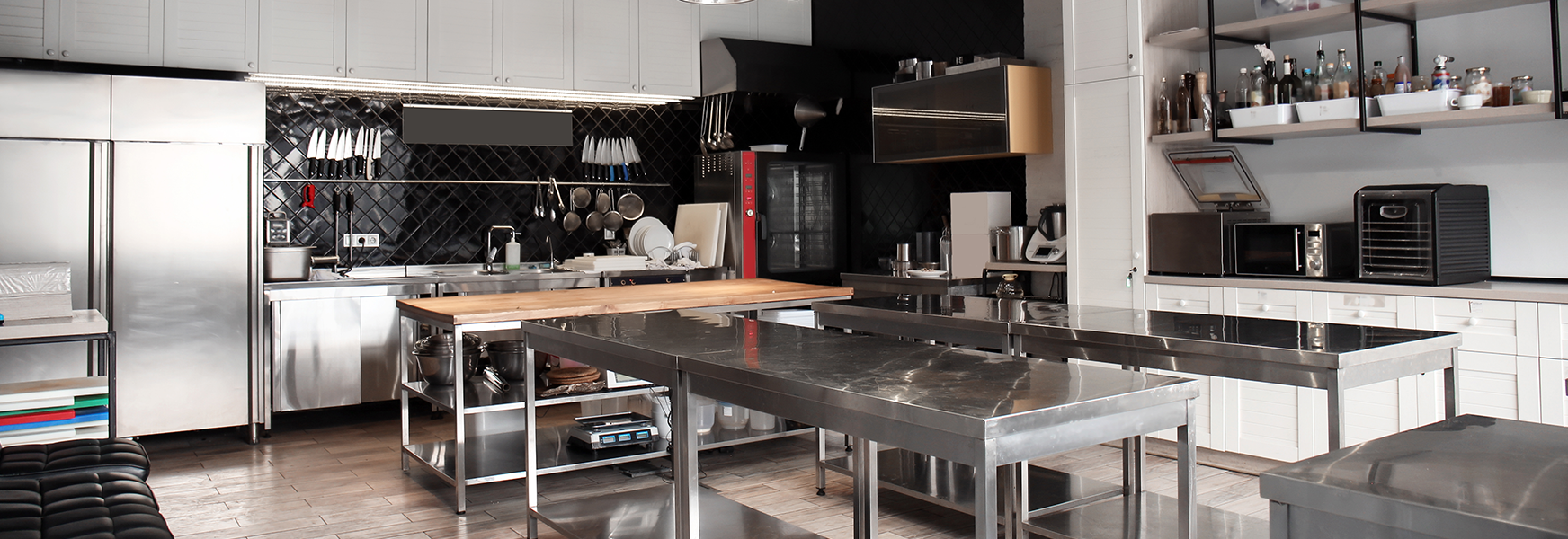Everything in Its Right Place

Yesterday I woke up with a song inside my head: "Everything In Its Right Place" by the English rock band Radiohead.
Like a morning bell ringing in my ears, this first track from the Kid A album continued to creep little by little into my cerebrum, and suddenly a blog idea began to form. I might be wrong, but the words in the song title seem to evoke a sense of proper housekeeping which is recognized by OSHA as being foundational in supporting a safe workplace. No surprises here that the federal agency in charge of worker health and safety includes language and requirements for housekeeping in these standards:
- General Requirements for Walking-Working Surfaces in General Industry
- Housekeeping for Construction
- Housekeeping for Shipyard Employment
- Housekeeping for Longshoring
- Housekeeping for Marine Terminal Operations
While each standard cites specific examples pertaining to materials, equipment, and surfaces such as cargo, combustible scrap, debris, dunnage, electrical service cords, hoses, lumber, protruding nails, and slippery conditions, essentially the overarching intent is to ensure a clean, orderly, hazard-free condition, no matter the work environment. In essence, “a place for everything and everything in its place.” In this way, The National Safety Council offers the following tips for effective workplace housekeeping.
- Prevent slips, trips, and falls: Report and clean up spills and leaks, keep aisles and exits clear of items, consider installing mirrors and warning signs to help with blind spots, replace worn, ripped, or damaged flooring, and eliminate slippery conditions such as snow, ice, oil, and grease from walking and working surfaces as necessary.
- Eliminate fire hazards: Keep combustible materials in the work area only in amounts needed for the job, store quick-burning, flammable materials in designated locations away from ignition sources, avoid contaminating clothes with flammable liquids, keep passageways and fire doors free of obstructions, and report and issue work orders to fix hazards found in electrical areas.
- Prevent falling objects: Shut file cabinet drawers when not in use and open one filing cabinet drawer at a time to prevent a tip-over, store heavy objects close to the floor and out of walkways, and store tools, equipment, and materials properly to prevent falling or sharp edges being exposed.
I’ll add, for example, don’t leave knives out after use. This is especially important in busy kitchens where managing orders in a fast-paced work environment can be like spinning plates.
- Clear clutter: Tidy up desks or workstations, return tools and other materials to storage after using them, dispose of materials that are no longer needed, keep aisles, stairways, emergency exits, and doors clear of clutter, ensure all cords are properly secured and covered, and make sure cups, glasses and containers have lids on them to prevent spills.
For tool storage, consider using shadow boards for hanging hand tools (much like a jigsaw falling into place) and, wherever possible, keep cords off the floor. Store lightweight paper products high and dry to avoid water damage and mold growth.
Only because I once observed this intriguing situation while conducting a hotel safety inspection: Don’t store fake plastic trees in a valet parking garage. Lastly, consider this point: You might not need more space; you may just need less stuff.
Having everything in its right place certainly makes it easier to find something like the 11 Radiohead song titles contained in this post.
MEMIC policyholders have access to a “closet” full of housekeeping resources in the Safety Director library.

